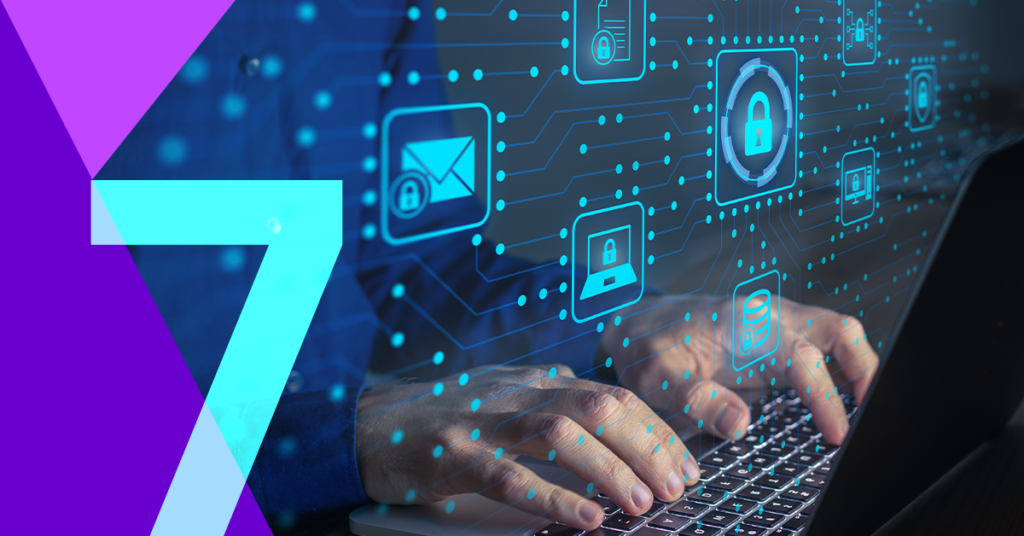Given how entrenched email Is insecure is in our daily routines, one might assume it’s a completely safe and secure communication method.

However, its convenience often leads us to ignore its fundamental security vulnerabilities.
Data Not Encrypted
Emails are encrypted during transmission, meaning they remain protected while being sent from you to the recipient.
However, once an email arrives in someone’s inbox, it is decrypted and can be viewed by anyone with access.
A major drawback of many email clients is that emails are stored in plaintext.
This means any message containing financial documents or sensitive personal information could be exposed if your account or the email client itself becomes compromised.
While the majority of widely used email clients do not encrypt data at rest, security-oriented options such as ProtonMail, Tutanota, StartMail, and Mailfence provide this feature.
More popular email clients like Gmail and Outlook don’t encrypt emails at rest because doing so would prevent indexing, making future searches impossible.
If even Google and Microsoft can’t access the content of an email, searching for it later becomes unfeasible.
Authorizing Third-Party Access
I acknowledge that I frequently grant third parties access to my Google account, often whenever requested. It’s become quite a habit due to the convenience of doing so.
However, allowing numerous third parties into my Google Workspace brings various security concerns.
Before granting third-party access, carefully evaluate the permissions you’re providing. Some might only need your name and email—often sufficient—but others could request read/write permissions for your admin account and access to sensitive information.
This situation works well as long as these third parties remain secure. However, the issue arises since you’ve likely linked your account with numerous third-party services,
making it only a matter of time before one of them gets hacked and puts your data at risk.
Treasure Trove of Confidential Data
If some of my accounts get hacked, it’s not a major concern. My ESPN account doesn’t hold much valuable information; however, my Gmail account contains a wealth of sensitive data.
For hackers, accessing someone’s email is like striking gold in terms of obtaining private details. Just consider all the information you have stored in your email inbox.
My email account contains messages from the past five years, which likely include details about my health, finances, social security number, and various other sensitive information.
A hacker could exploit this data to access my accounts or craft effective social engineering attacks. At a minimum, they might compile the information and sell it on the dark web for others to discover.
Your email client holds some of your most important information. Therefore, it’s essential to implement new security measures, explore using a more secure email client, and educate yourself on recognizing phishing attacks.
Phishing Emails Are Widespread
Every day, 3.4 billion phishing emails are dispatched, making it one of the most prevalent methods for hackers to gain access to your computer and credentials.
Although email clients can identify potential phishing attempts by analyzing the sender’s address, content, and links within an email—and comparing them against known spam—deceptive messages still manage to slip through.
Hackers continually develop new strategies to bypass these filters effectively.
If a scam email appears in your primary inbox, it’s your responsibility to determine its authenticity.
Conclusion
Email is a common communication method, but its security vulnerabilities are often overlooked. Emails are encrypted during transmission but stored in plaintext, exposing sensitive information.
Most email clients do not encrypt data at rest, but security-oriented options like ProtonMail, Tutanota, StartMail, and Mailfence provide this feature.
Authorizing third-party access raises security concerns, as it can expose sensitive information.
Emails hold valuable information, making it crucial to implement new security measures and educate on phishing attacks.





